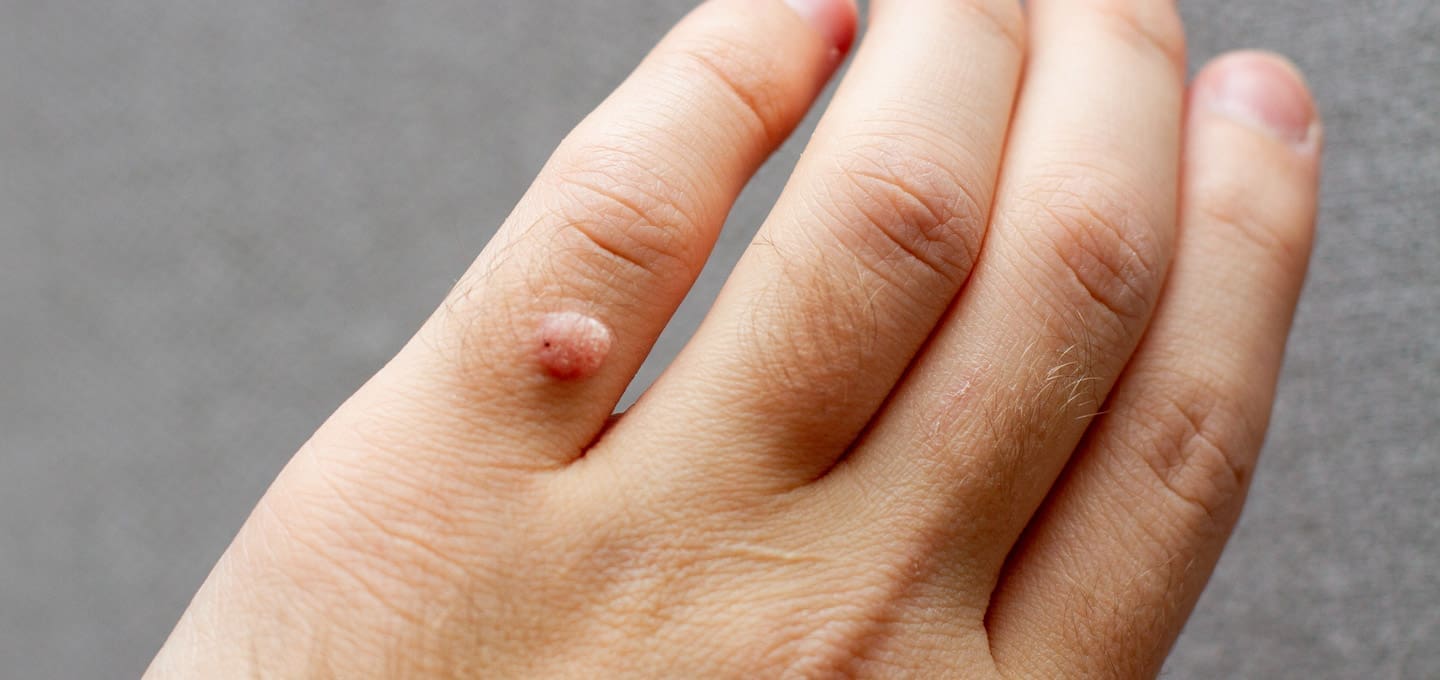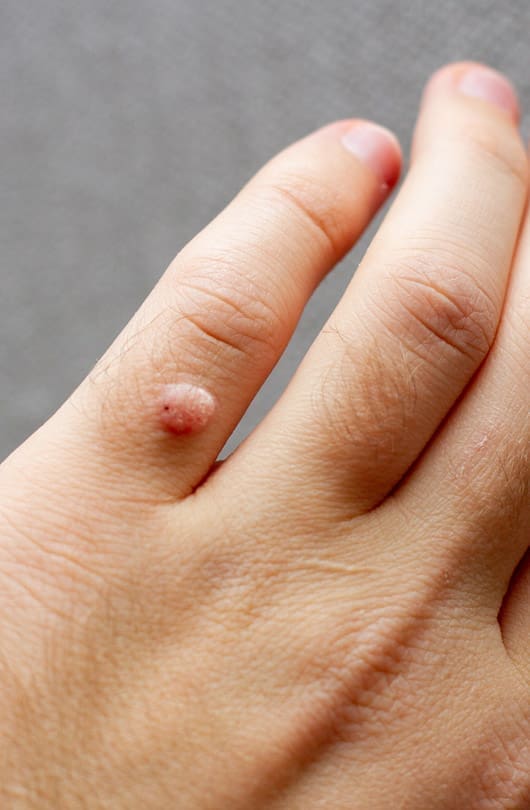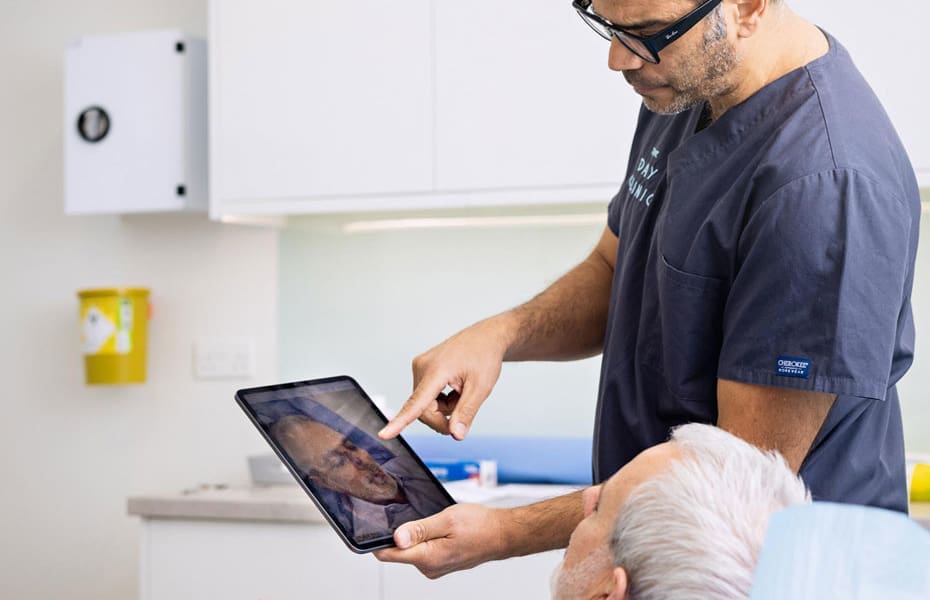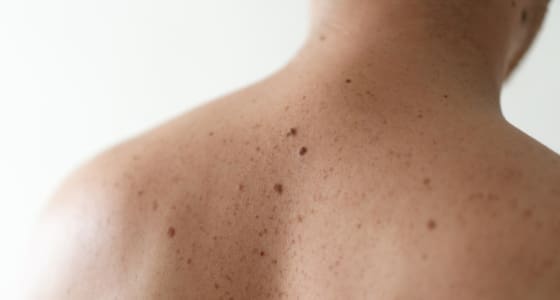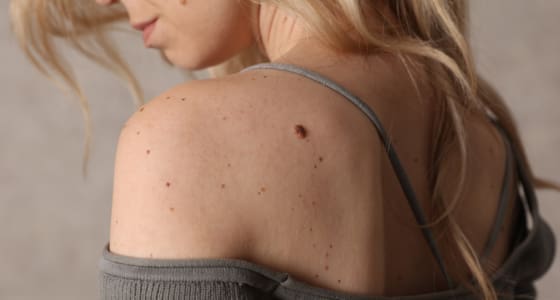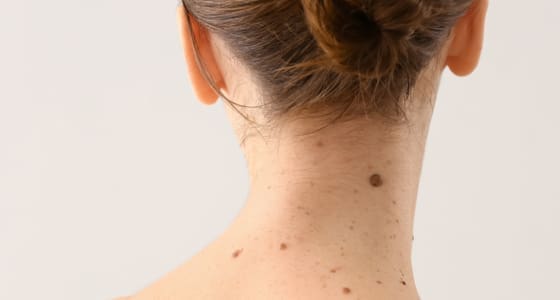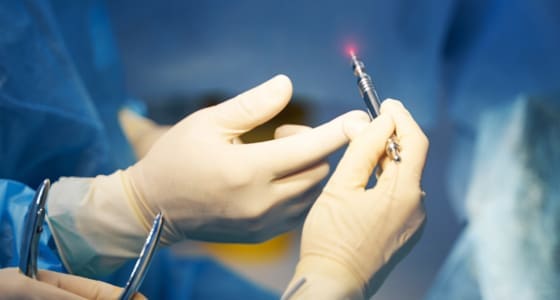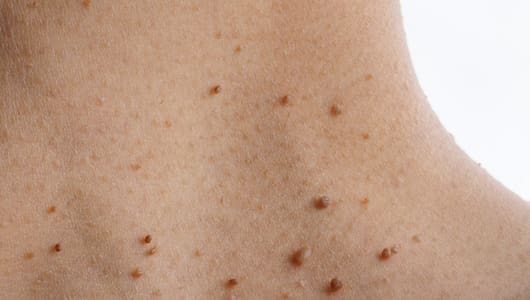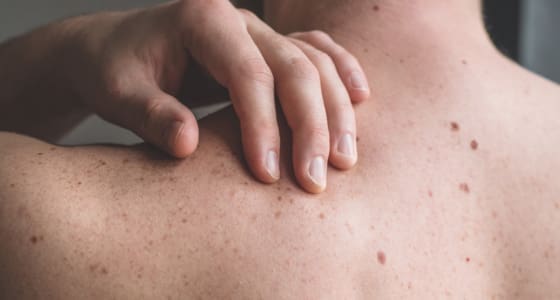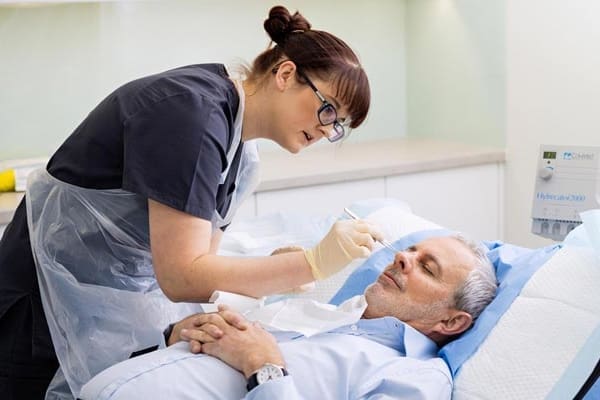Verrucas are warts that develop on the soles of the feet. Most people will have warts at some point in their life. They tend to affect children and teenagers more than adults.
Warts are caused by the human papilloma virus (HPV). The virus causes the top layer of the skin (epidermis) to produce excessive amounts of a hard protein called keratin to develop, and this is what appears as a lesion on the skin.
Warts are non-cancerous, but they can resemble certain cancers. If you are at all suspicious about a new skin growth, or if an existing wart changes significantly or starts to bleed regularly or profusely we recommend seeking medical advice to rule out any risk to your health.
While common warts are generally harmless and may go away on their own over time, they can be contagious and spread to other parts of the body or to other people through direct contact. Warts can prove troublesome for example if you accidentally bump or catch them on something, they can bleed and cause pain. Some people find warts embarrassing, particularly if they develop in visible area such as on the face. Wart treatment may decrease the likelihood of the warts spreading to other areas of your body or being passed on to other people.
There are many over-the-counter wart removal products. These products gradually remove layers of the wart over time. It can take several weeks or months for the wart to disappear completely. Self-treatment may not always be effective, especially for larger or more persistent warts.
The procedures we offer are the most predictable and aim to leave no trace that the wart was ever there. In most cases, curettage and cryotherapy are used to treat warts and verruca’s. Occasionally, if a wart is particularly resistant to these treatments, we may recommend surgical excision. If suitable, you may decide to combine the consultation with the procedure as a ‘see and treat’ which means the procedure will happen straight after the consultation in one appointment.
